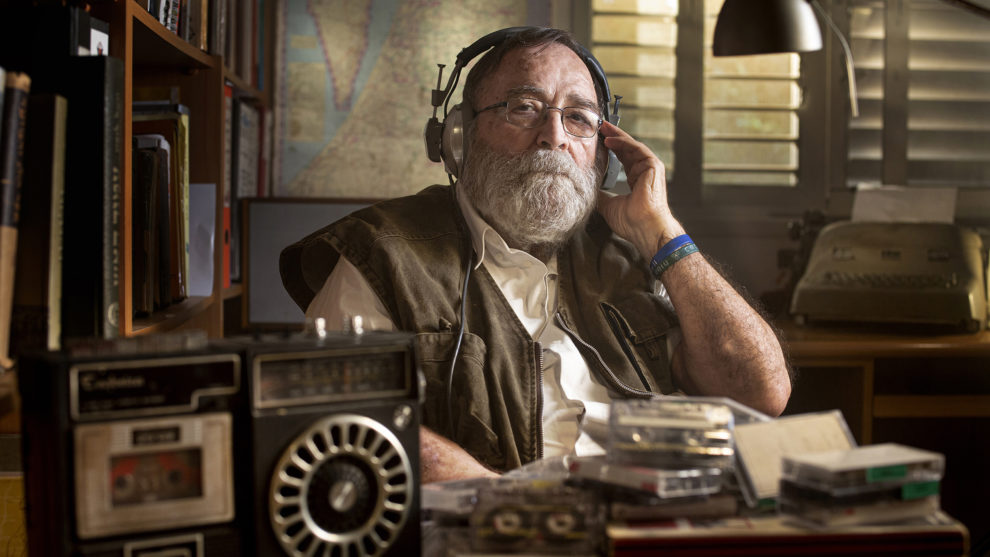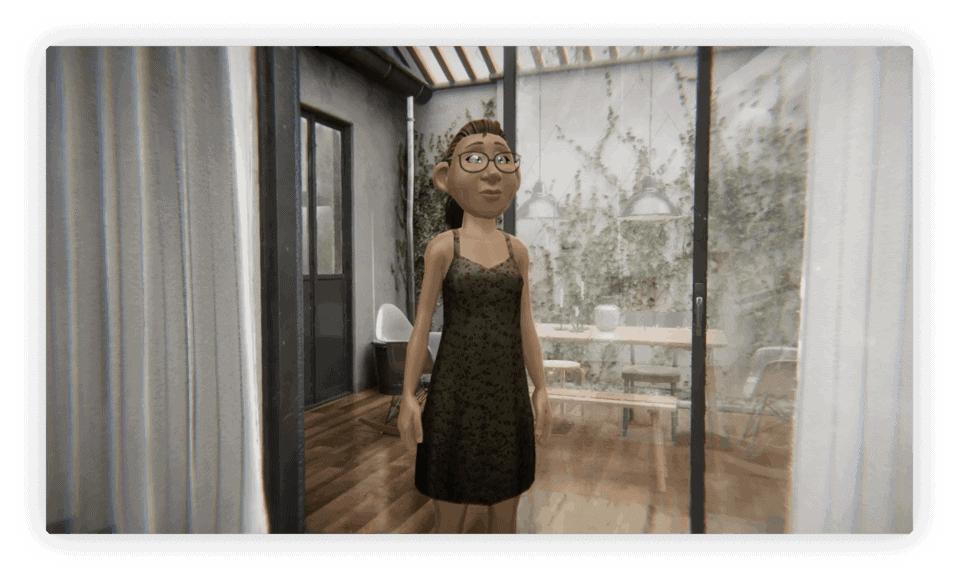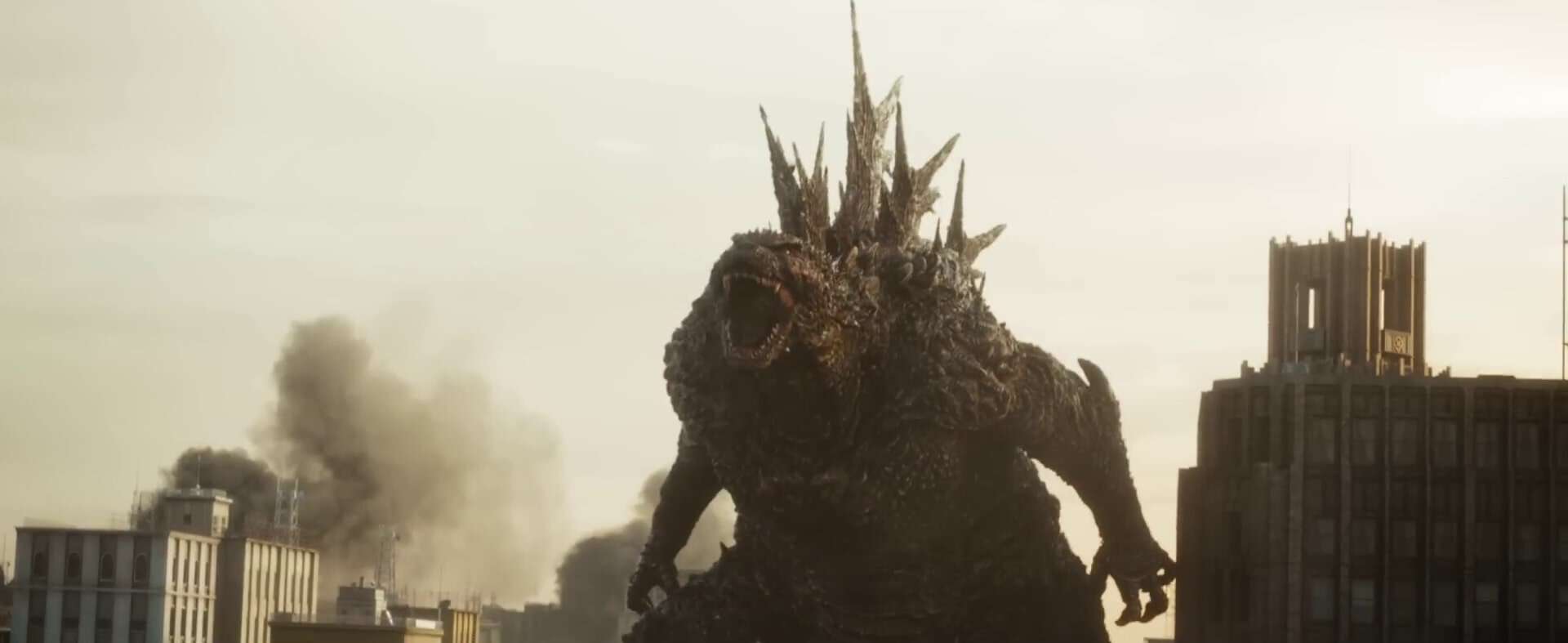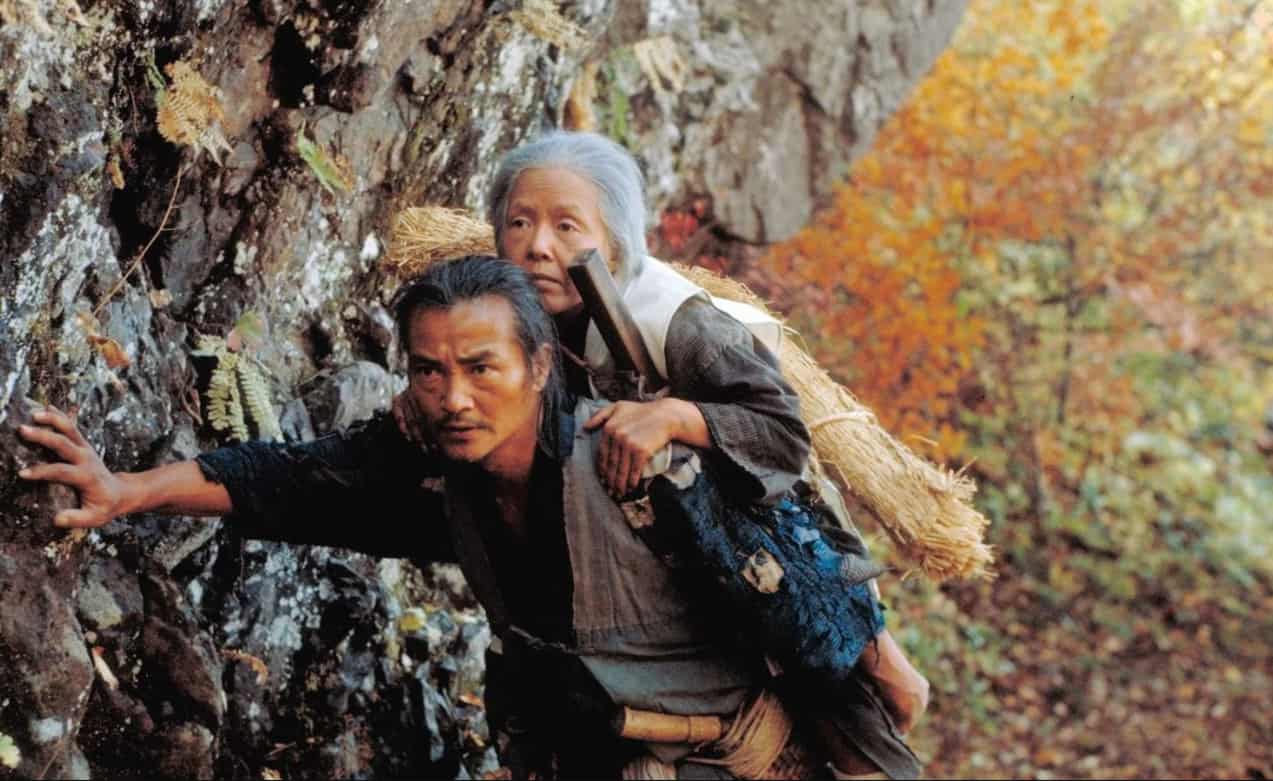Rumors say that this year's Sundance selection is more political than ever, and “Tantura” is no exception. Producer Alon Schwarz previously made his name with his 2016 Holocaust-themed documentary Aida's Secrets. This time, he re-explores the question of displacement with a subject closer to home: the Israeli-Palestinian conflict of 1948. Playing as a part of the World Cinema – Documentary Competition, he grapples with the period's core questions. How do we – and how should we – approach history? Why should certain narratives be privileged over others? What responsibilities do we have to uphold (or sometimes, repress) certain stories? With the bloodstained beaches of Tantura in mind, Schwarz interrogates modes of past, present and future historiography.
“Tantura” is playing in Sundance as a part of its World Cinema – Documentary Competition

The film begins its investigation with Teddy Katz, a University of Haifa alumnus. In his student years, he pointed out that Tantura – contrary to the Israeli official record – had seen an over 200-person massacre committed by the Israeli Defense Forces (IDF). To prove his point, Katz interviewed around 135 Palestinians and Israeli survivors in 1954. Since then, however, his thesis had since not only been challenged, but had been actively repressed by local Zionist forces. Schwarz revisits this controversy in 2022 by mirroring Katz's project. He too conducts a series of interviews, recording the surviving generation of soldiers, civilians, and victims privy to what the Israelis call “War of Independence” – or, according to the Palestinians, “Al Nakba” (“Catastrophe”).
Formally, the sheer reliance on oral histories over visuals is remarkable. The paucity of official archival material and the insistence on Katz's project gives way to a film largely dictated by its incongruous storytellers. As a result, the visuals themselves are not particularly compelling. Aside from the occasional rhetoric flourish indicating their interviewees' age (the stray cane, wrinkled skin, the shock of white hair) and a few evidentiary photographs, Schwarz turns away from even attempting to recreate the past. History is left to the viewer's imagination. For polyglots fluent in both Hebrew and English, this film could be easily listened to as a podcast.
This flexible approach to historiography is intriguing, but also seems to sidestep the full breadth of human tragedy at hand. In the flurried debate about numbers, Schwarz pays more attention to the mass grave as spectacle than as a place of burial. In his version of history, the atrocity is not the slaughter itself. Instead, it is the continued complicity in repressing the said slaughter as means to memories of the battlefield or promote nationalist propaganda.
Towards the end, one particular roundtable of senior citizens is particularly revealing. They bring different approaches to history to the table. One draws an analogy between Tantura and the Holocaust, insisting on recognition. Another vehemently denies the monument for the sake of protecting the country. In the end, a monument is indeed set up – but only to celebrate the lost IDF soldiers, eliding the massacre itself. Schwarz's hands-off approach seems to suggest that each side is equally valid. In this ongoing battle to narrativize 1948, everyone – Schwarz implies – has their own rationale for believing what they do.
Schwarz's apathy overall leaves a bitter taste. In the end, after all, the settler's narrative triumphs. Despite his X-Files-like conspiratorial investigation, the actual outcome still shifts its focus on Israeli instead of Palestinian losses. Each point of view – even on the side of ex-IDF soldiers – is still equally rational. In Schwarz's observations, memory may be malleable… but history is not quite so.
















